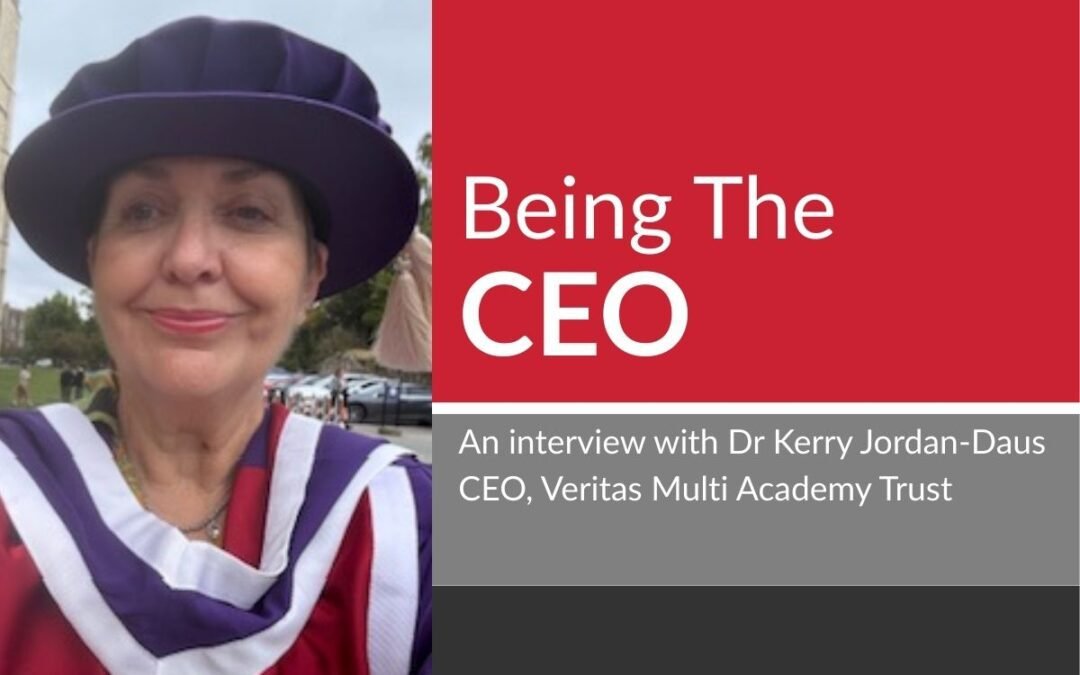The current pandemic is causing enormous uncertainty, upheaval and change in our daily lives. For many this is a time of anxiety and stress – not least for school leaders who have had to respond so rapidly. School leaders have spent the past few weeks recalibrating their organisations and workforce to safely serve the children of key workers, to ensure those children not in school are safe and have access to high quality learning resources, and to respond to the tsunami of government and public health guidance. The expectations have been enormous.
“The expectations have been enormous.”
In our discussions and consultations with school leaders in recent weeks, we have heard about this pressure and anxiety first hand. However, what is very clear is that headteachers and leaders in academy trusts – particularly those with sufficient central team capacity – have generally felt less exposed and better supported. These heads have had access to support and senior-level expertise in HR (as they manage the workforce changes), ICT (as they harness technology to support remote learning and working), site management (as they manage the health and safety challenges), and advanced project management and co-ordination skills in managing the crisis response. Headteachers have described this expert support and capacity as a ’godsend’.
“These headteachers have been able to focus on relationships, on supporting their teams, and maintaining a healthy balance between work and the uncertainty in their personal lives.”
These headteachers have been better able to focus on relationships, on supporting their teams, and maintaining a healthy balance between work and the uncertainty in their personal lives. This also extends to teaching staff, who in having to adapt their curriculum materials and delivery to an online world, have been able to draw on one another’s resources and advice across schools – reducing the workload demands. Those staff in school have been able to be rotated across schools (sometimes – in local trusts – a reduced number of trust schools have been open), ensuring that vulnerable staff have been protected and those staff going in to school haven’t had to do so too regularly – mitigating the risks of exposure.
What this crisis tells us is that expecting school leaders – in this every complex and uncertain world – to operate in a standalone fashion, without the ability to draw on experts outside their circle of competence or expertise, is fast becoming an outdated leadership model. Academy trusts have recognised this, and many have very generously supported standalone school leaders with advice and resources.
We are – anecdotally – hearing that more standalone school heads are already approaching academy trusts and considering joining a trust to be a key part of the post-COVID landscape. There is safety, support and wisdom in the collective group. In a new world that places greater emphasis on the value, health and wellbeing of our public sector workers, the collaborative and capacity-giving model of academy trusts has a big role to play.
Michael Pain, April 2020

